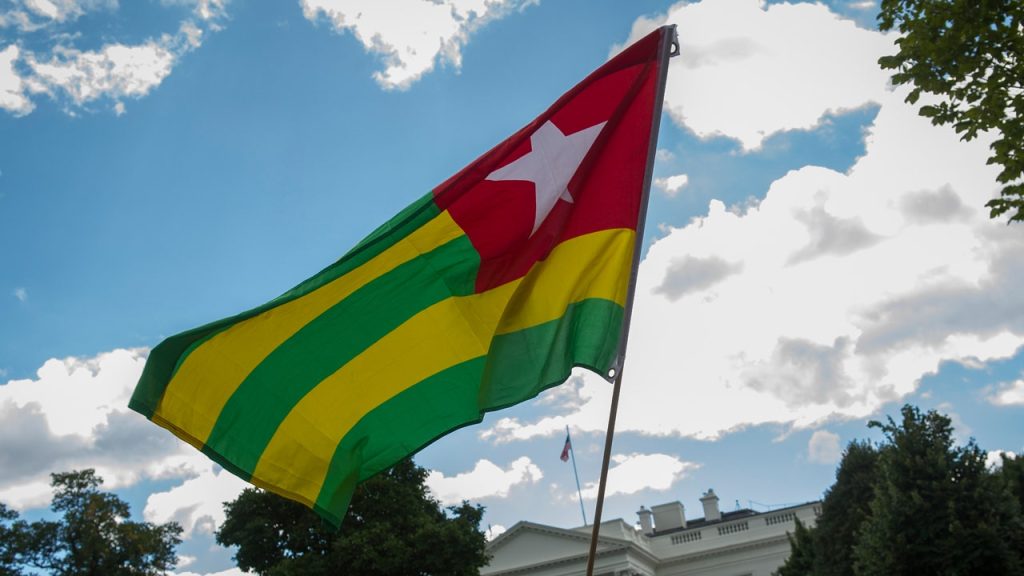Demonstrators in Togo are protesting against a new constitution that would allow President Faure Gnassingbé to potentially stay in power until 2031. Gnassingbé, who inherited the presidency from his father in 2005, is seen as a dictator by many. The proposed changes to term limits would eliminate future presidential elections and give parliament the power to choose the president, likely resulting in Gnassingbé’s reelection. Legal experts note that the constitution introduces a one-term limit and shifts power to a figure similar to a prime minister, potentially restricting the authority of future presidents.
Opposition leaders and activists in Togo have called for protests to prevent President Gnassingbe from approving the new constitution. They argue that the legislation is an attempt by Gnassingbe to extend his rule, and have vowed to fight against it becoming law. Togolese Catholic bishops have also spoken out against the new constitution, noting that the parliament’s mandate expired before the adoption of the constitution and calling for inclusive political dialogue after upcoming elections. Some legal experts assert that a referendum would be required for the country to adopt a new constitution, and question the parliament’s authority in this matter.
Togo has been under the same family’s rule for 57 years, first by Eyadema Gnassingbe and then by his son Faure Gnassingbé, who has been in office since 2005. Gnassingbé’s initial election victory was contested by the opposition as rigged. The proposed changes to the constitution would extend presidential terms from five to six years, but the almost 20 years Gnassingbé has already served in office would not be counted towards the new term limit. Opposition groups have called on the Togolese population to reject the new constitution and oppose it through mass protests.
The oppositions continue to call for unity and resistance against what they see as a constitutional power grab by President Faure Gnassingbé in Togo. Despite the passing of the new constitution by lawmakers, the fight against its implementation is ongoing. With concerns about potential attempts to extend Gnassingbé’s rule until 2031, activists and civil society groups are mobilizing to protect democratic principles and ensure that the voices of the Togolese people are heard. The role of the Catholic bishops and legal experts in opposing the new constitution further highlights the divisions and challenges facing Togo as it navigates this critical political moment.


